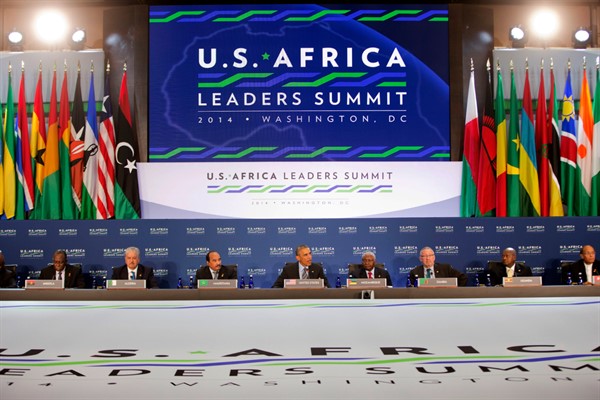“Where the state is absent or weak, non-state actors, such as religious movements and institutions, traditional ethnic polities, militant organizations, or combinations of all three, take its place, some for better, some for worse.” Those are the words of former U.S. Ambassador to Nigeria John Campbell, in his new book, “Nigeria and the Nation-State: Rethinking Diplomacy with the Post-Colonial World.” In it, he argues that U.S. diplomats should focus on working more with traditional, religious and local leaders—where real power often rests—and less with foreign ministries and weak heads of state.
Campbell is currently Ralph Bunche senior fellow for Africa policy studies at the Council on Foreign Relations. He joins WPR’s Elliot Waldman on Trend Lines this week to discuss the ideas he lays out in his book, and what the U.S. needs to do to implement them.
Listen:
Download: MP3
Relevant Articles on WPR:
The U.S. Can Still Promote Democracy in Africa
Why the U.S. Needs a Different Approach in Mali
Why Africa’s Future Will Determine the Rest of the World’s
America’s Downsized Relationship With Africa Is About to Go Totally Adrift
Trend Lines is edited by Peter Dörrie, a freelance journalist and analyst focusing on security and resource politics in Africa. You can follow him on Twitter at @peterdoerrie.
To send feedback or questions, email us at podcast@worldpoliticsreview.com.




